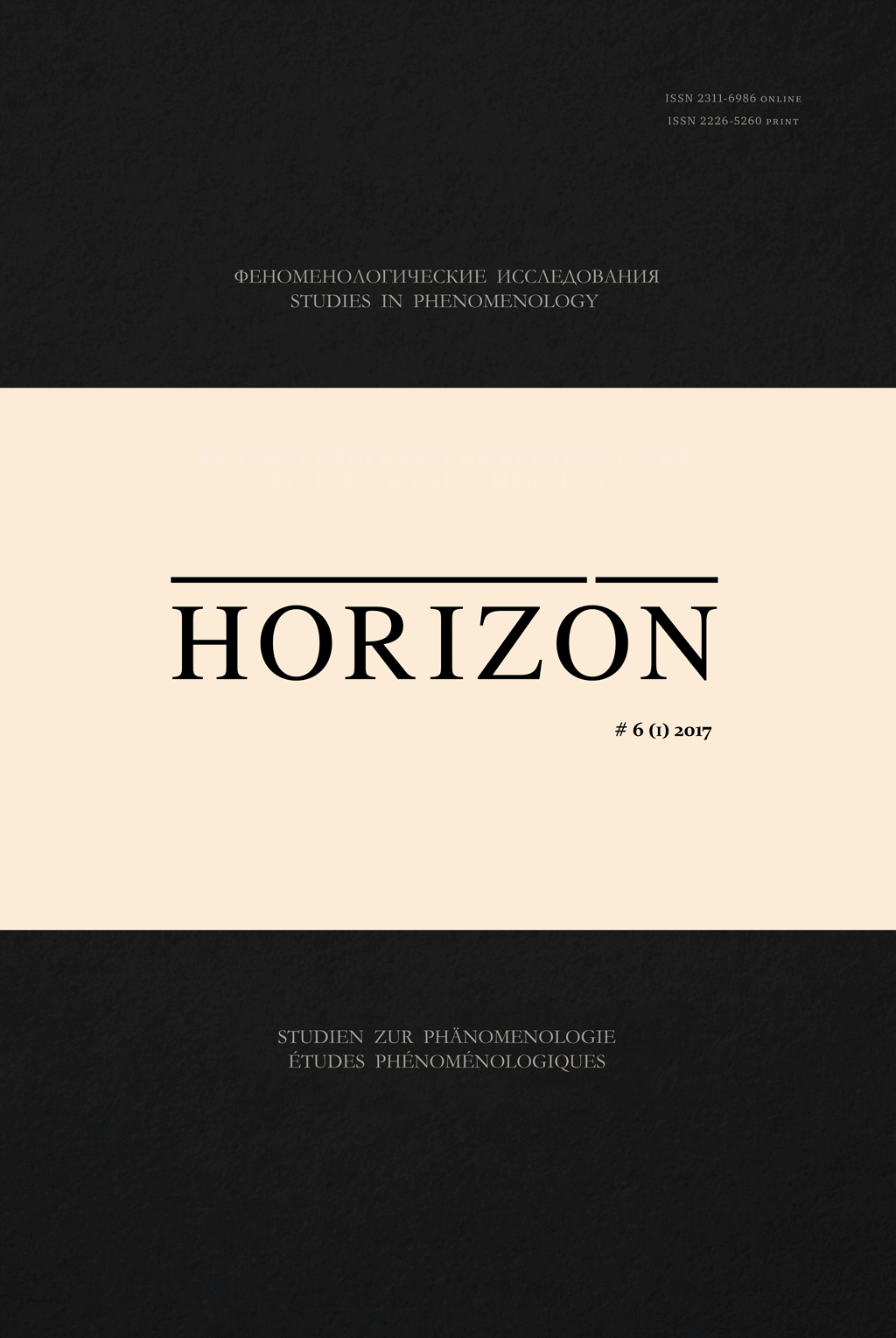СТИХИ ХАЙДЕГГЕРА: ДИСКУРС МУДРЕЦА ИЛИ ЯЗЫКОВОЙ ЭКСПЕРИМЕНТ?
HEIDEGGER’S POETRY: DISCOURSE OF A SAGE OR LANGUAGE EXPERIMENT?
Author(s): Natalia AzarovaSubject(s): Phenomenology, Hermeneutics
Published by: Издательство Санкт-Петербургского государственного университета
Keywords: Heidegger; poetical discourse; poetry and philosophy; discourse of a thinker; philosophical language; theological poetry; cyclicity;
Summary/Abstract: In this article, we examine Heidegger’s poetry, which was published in the 81st volume of hiscollected works. We consider it as an independent discursive practice that could express existencein a different mode of philosophical discourse, which could either be called “philosopher’s poetry”or “discourse of a thinker” — the experience of thinking in a pure form. With the help of poetry,Heidegger establishes the very possibility of poetic thought. Heidegger’s poetry during all his life,his work is ever-changing, from rhymed text to rhythmical vers libre, while simultaneouslyvarying formats: counting rhyme, ecphrasis, a poem-commentary, aphorism, and so on. At thesame time, the format of Heidegger’s poetry, as wells as its graphics, the attention to short (simple)words, form a connection with the Avant-garde poetry contemporary to him and in particular theminimalism of the middle and second half of the 20th century. The actual form of the poem (therhyme, the length of the verse, and its vertical dimension, the iconization and the ductility) of thepoetical word allows the philosopher to build connections that are equal in value without usingcommon discursive elements such as cohesion tools and semblance. An etymological explosionsounds more persuasive in a poem than in a philosophical text, not only because of consonance,but also due to the graphics of the verse. Heidegger is attempting to “achieve” an untranslatabletext, and thus his poetry is a manifestation of the possibilities of his native language, which is maybe conceived as the universal discourse of a thinker. The most important aspect in the poetry of thephilosopher is a new concept of text creation, an experience of a contemporary discussion throughthe speech of Parmenides. The non-linear nature of a poetical text, the dialectic offragmentation/unity could materialize the lack of linearity in the wandering in front of the opening(Lichtung). The thinker’s discourse is characterized by a procedure of recurrence that is achievedby the cyclical nature of Heidegger’s poetry, the main unfinished text, and his gravitation aroundmini cycles and open cycles. Poetical discourse is a way towards antipropositionality, whereaspoetry allows to stop perceiving language as a tool for creation of expression devices. It is also atheological approach: not to deduct the unknown from the known. Heidegger’s poetry can be seenas theological poetry as well.
Journal: Horizon. Феноменологические исследования
- Issue Year: 6/2017
- Issue No: 2
- Page Range: 250-281
- Page Count: 32
- Language: Russian

